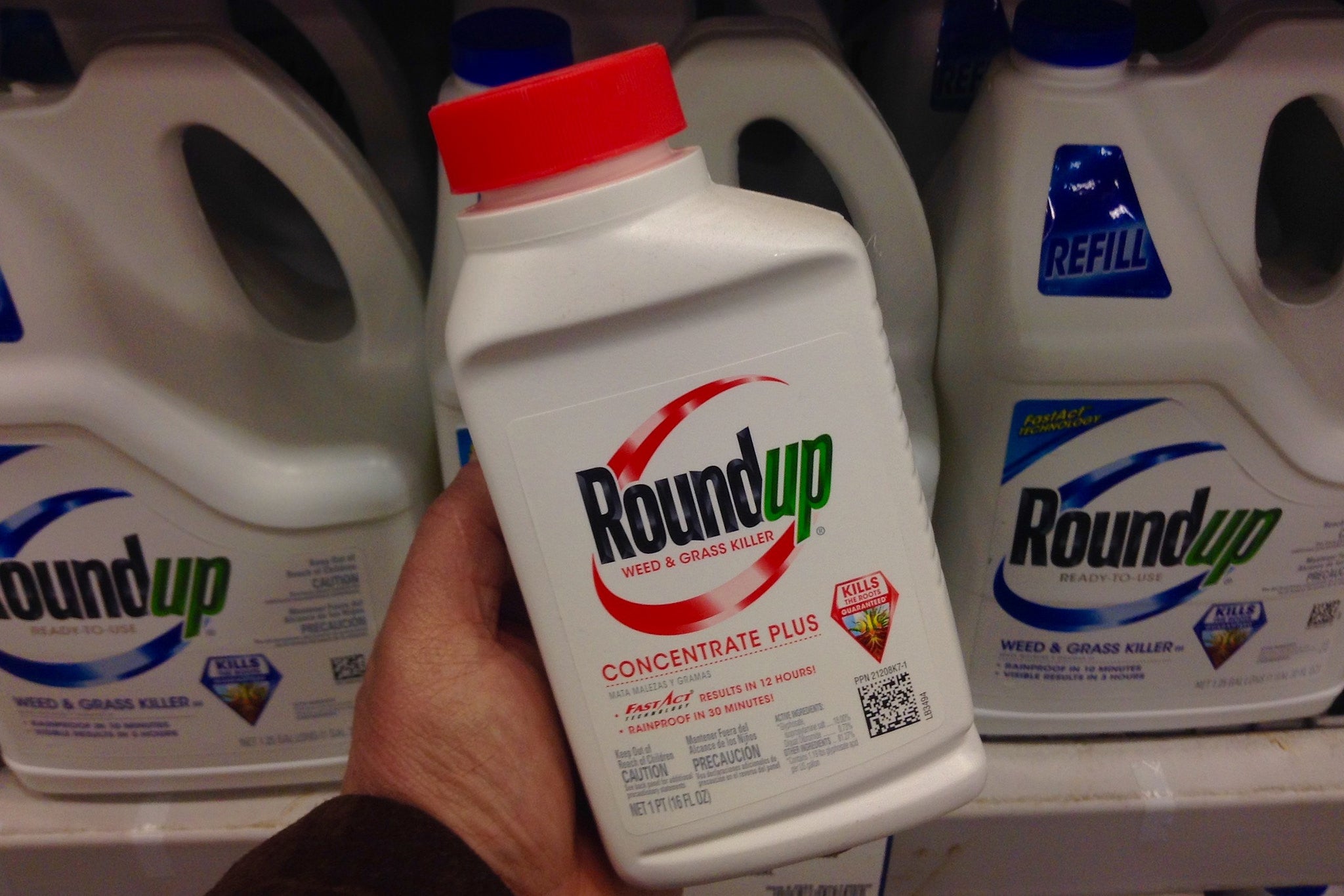Bayer AG, parent company of Monsanto, is asking the U.S. Supreme Court to intervene in ongoing litigation over its Roundup weedkiller. On April 4, the company filed a petition for “certiorari,” asking the Court to rule whether federal law regulating pesticides preempts associated state laws related to Roundup labeling.
The fundamental issue is whether the Federal Insecticide, Fungicide, and Rodenticide Act (FIFRA) preempts state failure-to-warn claims where the Environmental Protection Agency has uniformly found that glyphosate — the active ingredient in Roundup — is not carcinogenic.
“Whether FIFRA preempts a state-law failure-to-warn claim where EPA has repeatedly concluded that the warning is not required and the warning cannot be added to a product without EPA approval,” Bayer’s court filing stated.
Bayer argues that state-level lawsuits conflict directly with federal law, since the EPA has not only declined to require a cancer warning on Roundup but has warned that adding one would violate the law.
“Given EPA’s determination that glyphosate is ‘not likely to be carcinogenic to humans,’ EPA considers any warning that glyphosate is carcinogenic ‘to constitute a false and misleading statement’ that violates FIFRA’s prohibition against ‘misbranded’ substances,” Bayer said.
Monsanto has lost multiple jury trials, including a Missouri case in which a jury awarded $1.25 million to plaintiff John Durnell. That case forms the basis of the current petition, which challenges the Missouri Court of Appeals’ February 2025 decision that allowed the verdict to stand.

»Related: Bayer wins latest trial in Pennsylvania Roundup weedkiller suit
“The jury ultimately found Monsanto not liable on all of Durnell’s claims except his failure-to-warn claim. As for the failure-to-warn claim, the jury found Monsanto liable and awarded Durnell $1.25 million in damages,” reads the lawsuit.
Bayer contends that federal preemption should apply because Monsanto could not legally alter the EPA-approved label to include a cancer warning without risking civil or criminal penalties. According to the petition: “Once EPA approves a label, moreover, FIFRA makes it unlawful for a pesticide manufacturer to add additional warnings without EPA’s permission.”
Courts around the country are split on this issue. While the Third Circuit has held that FIFRA preempts such claims, courts in the Ninth and Eleventh Circuits — and appellate courts in California, Oregon, and Missouri — have ruled otherwise.
“The circuits are squarely and irrevocably split not just on the scope of FIFRA preemption in the abstract; they have reached diametrically opposed conclusions in lawsuits involving the exact same product.”
The petition notes the significance of this division: “There is no realistic chance that the split will resolve itself given the Third Circuit’s denial of en banc review. Only this Court can resolve the conflict on this important issue of law.”
Monsanto maintains that the continued wave of litigation — fueled by the International Agency for Research on Cancer’s contentious 2015 classification of glyphosate as “probably carcinogenic” — is based on a hazard assessment that EPA and other international regulatory agencies have consistently rejected after reviewing extensive scientific data.
So far, over 100,000 cases have been filed seeking to hold Monsanto liable based on a supposed link to cancer that the EPA has exhaustively studied and rejected as unfounded. Bayer argues that the practical consequences of the lawsuits extend beyond its own operations:
“Those suits have already forced Monsanto to remove glyphosate from the consumer version of Roundup, and they threaten Monsanto’s ability to continue to supply glyphosate to farmers who need it to stay competitive.”
The Supreme Court has not yet indicated whether it will grant the petition. If it does, the case could have broad implications for federal regulatory preemption, affecting not only pesticide litigation but similar legal frameworks in pharmaceutical, automotive, and consumer product industries.
»Related: Court revisits brain-injury case against Bayer’s Monsanto unit

